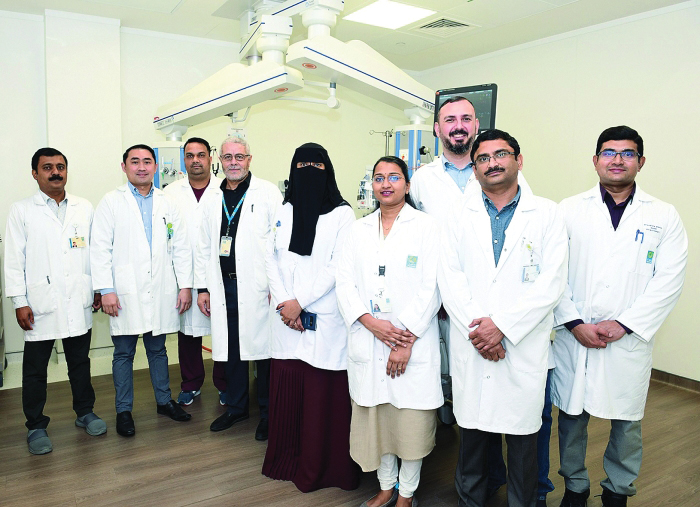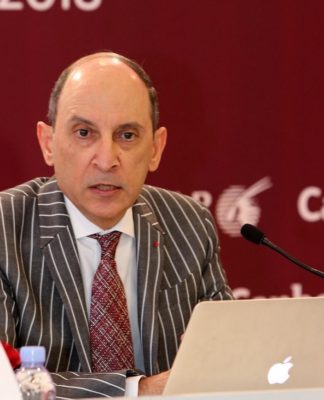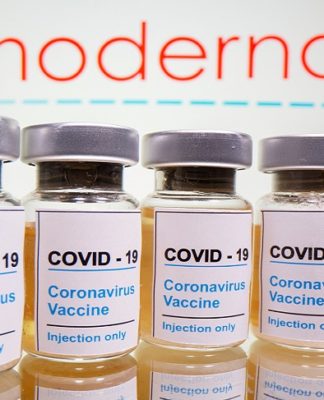WITH between 20 and 25 percent of patients cared for by the Physiotherapy Department at Hamad General Hospital (HGH) classified as ‘critical care patients’, Noora al Mudahka, chief of Physiotherapy, said it’s a misconception that all seriously ill patients require bed-rest.
“Patients who are cared for by our Intensive Care Unit (ICU) are either seriously ill or require specialised care. They require sophisticated monitoring equipment and round-the-clock care provided by a team of specially trained healthcare professions and this team includes physical therapists,” said Mudahka.
“Research now shows that bed-rest can have adverse effects on muscles and organs, which can impair neuro-psychological functions and reduce movement capacity. Physical therapy can prevent functional impairments and improve the quality of life for patients after hospital discharge. There is a growing body of evidence to support programmes of early mobilisation within the ICU environment,” added Mudahka.
With over 4,000 ICU patients cared for by his team in 2019, and over 58,000 physical therapy sessions provided, Eladel Ben Majid Bouguerra, supervisor of Physiotherapy Services at Hamad General Hospital, said physiotherapists who work with patients in the ICU have been specially trained to treat the most acutely ill and injured patients.
He said a number of ICU patients have functional deficits a year after discharge, underscoring the importance of early and structured rehabilitation.
“We know that many ICU patients have limitations or impairments to their physical abilities or function one year after discharge and that extended periods of bed-rest, prolonged time on a ventilator, and around-the-clock sedation can have devastating effects on the human body. Immobility wreaks havoc on every functional system, from the musculoskeletal system to the nervous system, which underscores the importance of early intervention from trained physiotherapists,” said Bouguerra.
“Our team has extensive experience caring for some of the sickest patients who are receiving care at HGH. We treat patients who have been in road accidents, experienced head injuries, serious falls, and severe burns. We care for patients who have serious medical conditions and infections, such as those recovering from a stroke, severe pneumonia, or major surgery, and we also care for patients who are mechanically ventilated and those connected to an ECMO machine,” explained Mohamed Haneef, senior physiotherapist, Trauma Intensive Care Unit.
Dr Ajimsha Mohammed Sharafudeen, a physiotherapy specialist at HGH, said physiotherapists are an integral part of the multi-disciplinary team caring for critically ill patients, adding that physiotherapy is an important intervention that can help mitigate many of the adverse effects of prolonged bed rest and mechanical ventilation.
“There is a growing body of evidence that patients frequently suffer long-term physical and psychological complications from extended stays in the ICU, including significant muscle weakness, increased morbidity, mortality and length of hospital stay. ICU care induces a lot of complications and adverse events for many patients, some of which can remain a lifetime. We have seen firsthand that many of these complications can be prevented by introducing early physiotherapy and mobilisation in the ICU,” said Dr Sharafudeen.
Source:qatar-tribune.com





























